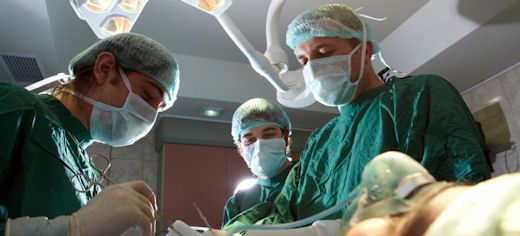
Researcher of the Year Awards: saving lives from bowel cancer
Dr Nick West of the Faculty of Medicine and Health fought off tough competition to be named the 2011 University of Leeds Postgraduate Researcher of the Year.

Dr Nick West of the Faculty of Medicine and Health fought off tough competition to be named the 2011 University of Leeds Postgraduate Researcher of the Year.
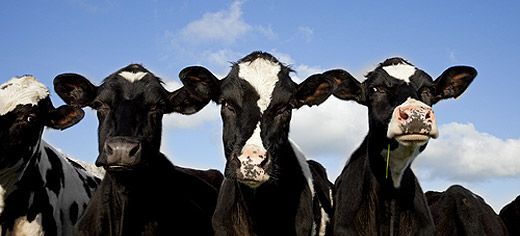
Scientists have discovered a mechanism they believe may play a key role in the spread of foot-and-mouth disease in animals.

Ways to make the financial system better serve Europe's economic, social and environmental needs are to be explored by a €10m international research project.
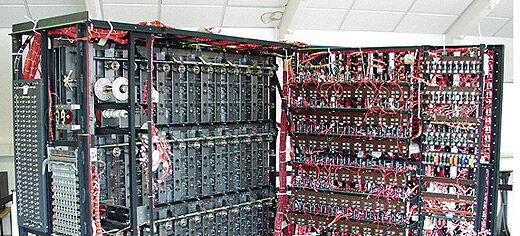
A University of Leeds academic is supporting an e-petition calling on the Government to posthumously pardon the mathematician and computer pioneer Alan Turing for his conviction of gross indecency.
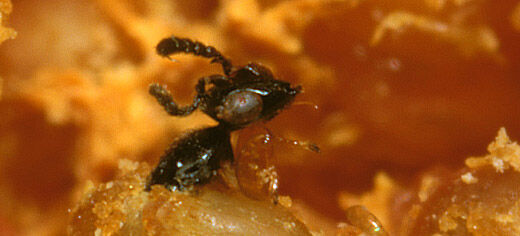
Researchers have confirmed a unique behaviour within the male population of tiny fig wasps that pollinate fig trees - they team up to help pregnant females, even if they have not mated themselves.

Investing 2% of a modern city's GDP in low carbon and energy efficient opportunities for ten years would reduce that city's carbon emission levels by 40% at no net cost.

UK companies making bold claims about social and environmental achievements are using incorrect and irrelevant data, say researchers at the University of Leeds and Euromed Management School (France).
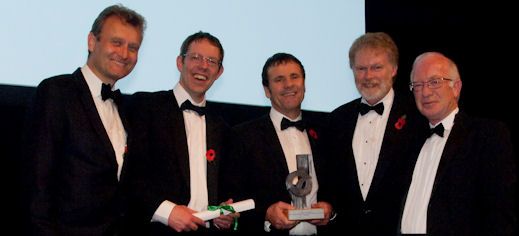
The University of Leeds, working in partnership with Sellafield Ltd, has won the Core Chemical Engineering Award at the Institution of Chemical Engineers 2011 Awards.
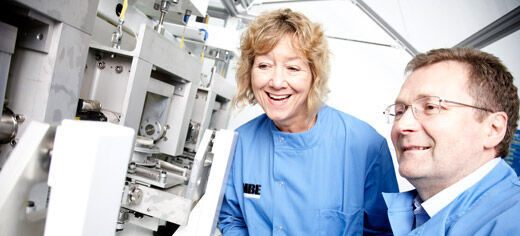
Longer-lasting hip joints, replacement heart valves and knee reconstructions - technologies all developed at the University of Leeds - have won the Royal seal of approval.
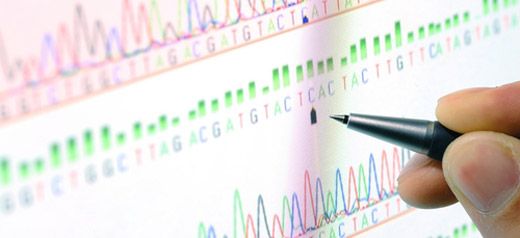
An international team of researchers from Leeds, London and Berlin has discovered more about the function of muscle stem cells, thanks to next-generation DNA sequencing techniques.